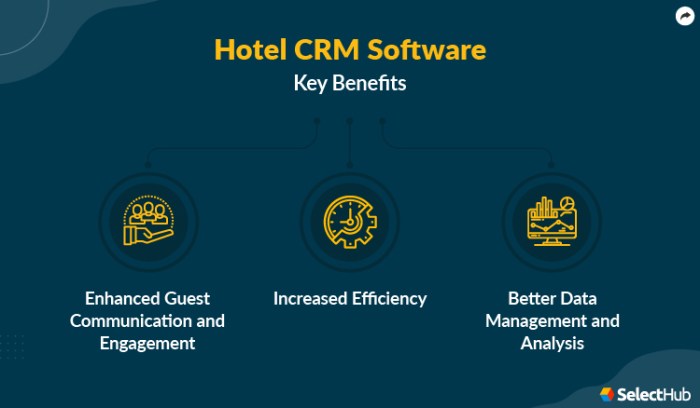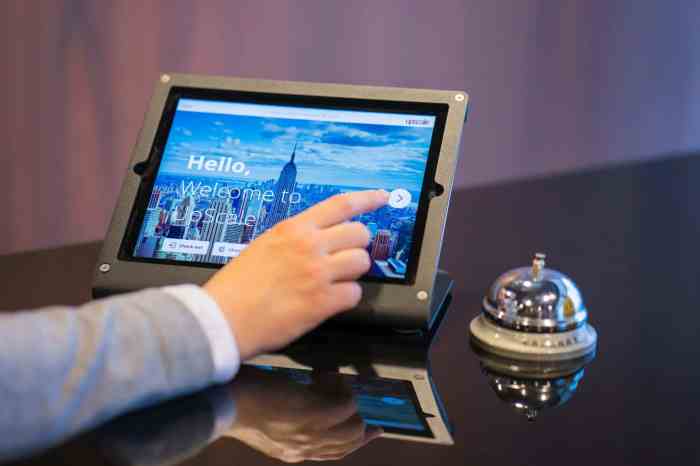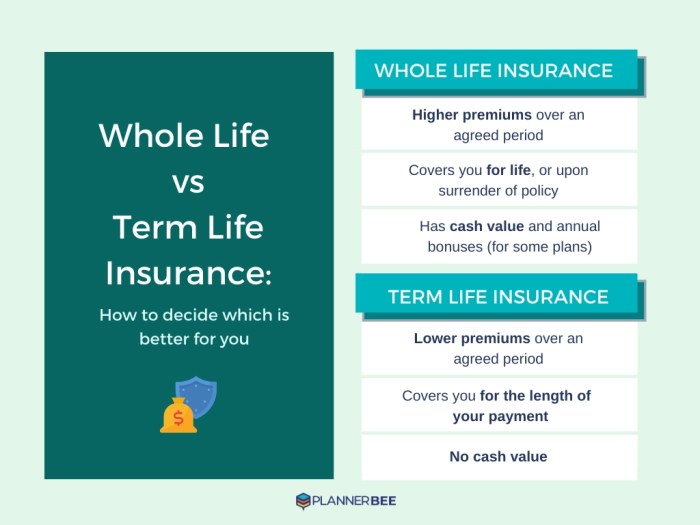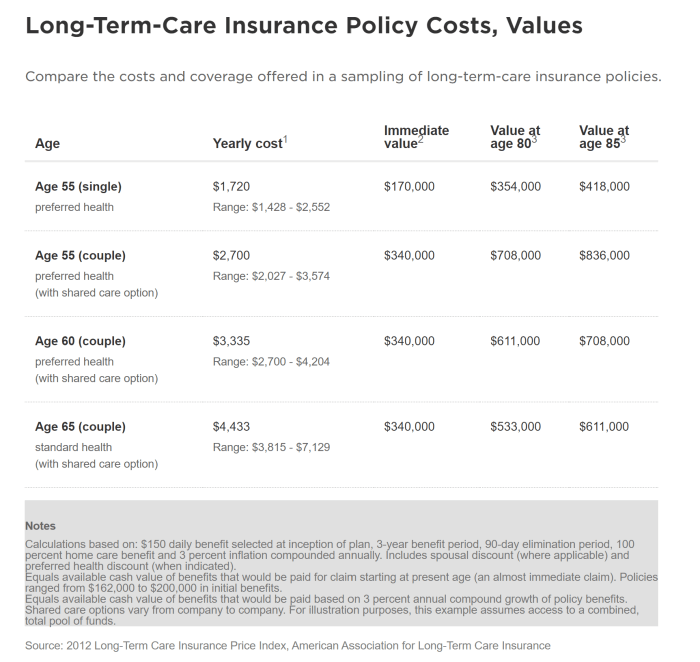Hotel CRM Software Needs

Best crm software for hotel – The hospitality industry is increasingly reliant on technology to enhance guest experiences and streamline operations. A robust Customer Relationship Management (CRM) system is no longer a luxury but a necessity for hotels of all sizes, enabling them to personalize service, boost loyalty, and ultimately, increase revenue. Choosing the right CRM, however, requires careful consideration of specific needs and functionalities.
Essential Features of Hotel CRM Software
Effective hotel CRM software must go beyond basic contact management. Essential features include a centralized database storing comprehensive guest profiles (including preferences, past stays, and special requests), automated marketing tools for targeted campaigns (e.g., birthday promotions, loyalty program updates), integrated booking management capabilities allowing for seamless reservation tracking and updates, and robust reporting and analytics dashboards providing insights into guest behavior and operational efficiency.
Furthermore, a user-friendly interface is crucial for staff ease of use and efficient data management. The system should also offer excellent customer support and regular software updates to ensure optimal performance and security.
Integration with Property Management Systems (PMS)
Seamless integration with a hotel’s Property Management System (PMS) is paramount. A well-integrated CRM and PMS exchange data effortlessly, eliminating data entry duplication and ensuring consistency across all systems. This integration allows for real-time updates on guest reservations, check-in/check-out status, and other relevant information, enabling staff to provide personalized and efficient service. For instance, a guest’s preference for a high floor room, noted in the CRM, can be automatically reflected in the PMS during the booking process, eliminating manual intervention and potential errors.
CRM Requirements: Boutique Hotels vs. Large Chains
The CRM needs of boutique hotels differ significantly from those of large hotel chains. Boutique hotels, often focusing on personalized service, may prioritize CRM features that enhance guest communication and relationship building, such as detailed notes fields for personalized interactions and advanced segmentation tools for targeted marketing based on specific guest preferences. Large chains, on the other hand, need scalable CRM solutions capable of handling vast amounts of data from multiple properties, with features like centralized reporting and analytics across all locations, and potentially integration with loyalty programs spanning numerous hotels.
Their focus is on consistency of brand experience across multiple locations, efficient management of large datasets, and leveraging data for corporate-level strategic decision-making.
Comparison of CRM Software Categories
The choice between cloud-based, on-premise, and hybrid CRM solutions depends on a hotel’s specific technical infrastructure, budget, and scalability needs.
Selecting the best CRM software for a hotel requires careful consideration of guest relationship management needs. The ideal system must seamlessly integrate reservation management, loyalty programs, and personalized communication strategies, unlike the specialized demands of, for example, crm for hvac companies , which prioritize service scheduling and maintenance tracking. Ultimately, the best hotel CRM will boost guest satisfaction and operational efficiency, driving revenue growth.
| Feature | Cloud-Based CRM | On-Premise CRM | Hybrid CRM |
|---|---|---|---|
| Cost | Typically subscription-based, lower upfront costs | Higher upfront investment in hardware and software | Moderate upfront costs, ongoing subscription fees |
| Scalability | Easily scalable to accommodate growth | Requires significant investment to scale | Scalable, but may require additional investment |
| Maintenance | Vendor handles maintenance and updates | Hotel responsible for maintenance and updates | Shared responsibility for maintenance and updates |
| Security | Vendor responsible for data security, but potential reliance on third-party security | Hotel has more direct control over data security | Shared responsibility for data security |
| Accessibility | Accessible from anywhere with internet connection | Accessible only from within the hotel network | Accessibility depends on configuration |
Sales and Marketing Applications in Hotel CRM
Hotel CRM software significantly enhances sales and marketing efforts, moving beyond simple guest record-keeping to become a powerful engine for revenue generation and guest loyalty. By leveraging data-driven insights, hotels can personalize guest experiences, optimize marketing campaigns, and ultimately boost profitability.
Targeted Marketing Campaigns and Promotions
CRM systems allow hotels to segment their guest database based on various criteria such as past bookings, spending habits, preferred room types, and special occasions. This granular segmentation enables the creation of highly targeted marketing campaigns. For instance, a hotel could send a personalized email offering a discounted weekend stay to guests who frequently book business trips during the week, or a special birthday offer to guests celebrating their anniversary.
These tailored communications increase the likelihood of engagement and conversion compared to generic mass marketing. The system allows for A/B testing of different marketing materials to further refine campaign effectiveness.
Managing Sales Leads and Converting Bookings, Best crm software for hotel
CRM software streamlines the sales process by centralizing all customer interactions in one place. Sales leads, whether generated through online bookings, direct calls, or marketing campaigns, are automatically logged and tracked within the system. Sales teams can then efficiently manage these leads, assigning them to specific representatives and monitoring their progress through the sales funnel. Automated email sequences and reminders can be used to nurture leads and encourage bookings, while real-time dashboards provide a clear overview of the sales pipeline, enabling proactive management and identification of potential bottlenecks.
For example, a hotel can track the number of leads generated by a specific marketing campaign and monitor the conversion rate from lead to booking.
Analyzing Guest Behavior and Optimizing Revenue Strategies
CRM data provides invaluable insights into guest behavior. By analyzing booking patterns, spending habits, and preferences, hotels can identify trends and optimize their revenue strategies. For example, a hotel might discover that a particular room type consistently outperforms others during certain seasons. This data can inform pricing strategies, inventory management, and the allocation of resources. Further analysis might reveal guest preferences for specific amenities or services, enabling the hotel to tailor its offerings to better meet customer demand and increase ancillary revenue.
This data-driven approach allows for more dynamic and responsive pricing, ultimately maximizing revenue potential.
Tracking Marketing Campaign Effectiveness and ROI
CRM systems offer robust reporting and analytics capabilities, enabling hotels to track the effectiveness of their marketing campaigns and measure return on investment (ROI). By integrating marketing automation tools with the CRM, hotels can track key metrics such as email open rates, click-through rates, and conversion rates for each campaign. This allows for a data-driven assessment of which campaigns are performing well and which require adjustments.
For instance, a hotel might find that a social media campaign generated a higher ROI than an email campaign, informing future marketing budget allocation. The ability to track campaign performance allows for continuous improvement and optimization of marketing strategies, ensuring maximum efficiency and impact.
Integration and Data Security in Hotel CRM: Best Crm Software For Hotel

The increasing reliance on technology within the hospitality industry necessitates robust CRM systems capable of handling sensitive guest data while seamlessly integrating with existing hotel infrastructure. Data security and efficient integration are no longer optional features but critical components for success and regulatory compliance. A well-integrated and secure CRM system empowers hotels to optimize operations, enhance guest experiences, and maintain a strong competitive edge.
Data Security and Privacy in Hotel CRM Systems
Protecting guest data is paramount. Hotel CRM systems store a wealth of personal information, including names, addresses, payment details, and travel preferences. Breaches can result in significant financial losses, reputational damage, and legal repercussions under regulations like GDPR and CCPA. Robust security measures, including encryption, access controls, and regular security audits, are essential to mitigating these risks.
Hotels should prioritize selecting CRM platforms that adhere to industry best practices and comply with all relevant data privacy regulations. Furthermore, a clear data privacy policy, readily accessible to guests, builds trust and demonstrates commitment to responsible data handling.
Integrating Hotel CRM with Other Systems
Seamless integration with existing hotel systems is crucial for maximizing the value of a CRM. Connecting the CRM to a property management system (PMS), point-of-sale (POS) system, and revenue management systems creates a unified view of the guest journey. For example, integrating with a PMS allows for real-time updates on guest reservations and check-in/check-out information, enriching the CRM’s guest profiles.
Integration with a POS system provides insights into guest spending habits, enabling personalized offers and targeted marketing campaigns. Effective integration streamlines workflows, reduces manual data entry, and minimizes the risk of data inconsistencies. API integrations are commonly used to facilitate this interoperability.
Challenges and Solutions Related to Data Migration
Migrating data from an existing system to a new hotel CRM can present significant challenges. Data inconsistencies, incomplete records, and outdated information can complicate the process. Thorough data cleansing and validation are crucial before migration. This involves identifying and correcting errors, standardizing data formats, and ensuring data integrity. A phased approach to migration, starting with a pilot program, can help minimize disruption and allow for adjustments along the way.
Robust data mapping and transformation tools can facilitate a smoother migration. It’s vital to have a clear plan and dedicated resources to manage this process effectively, minimizing downtime and potential data loss.
Security Features of Different CRM Platforms
The following table compares the security features of three hypothetical CRM platforms. Note that specific features and levels of security can vary depending on the chosen package and vendor. It is crucial to always review the security documentation provided by the vendor.
| CRM Platform | Encryption Method | Access Control | Data Backup Features |
|---|---|---|---|
| HotelWise CRM | AES-256 encryption for data at rest and in transit | Role-based access control, multi-factor authentication | Daily automated backups, offsite storage, version control |
| GuestConnect CRM | End-to-end encryption using TLS 1.3 | User-specific permissions, audit trails | Weekly automated backups, cloud storage with redundancy |
| StaySmart CRM | Data encryption using industry-standard algorithms | Granular access control, password complexity requirements | Regular backups, disaster recovery plan, data retention policy |



